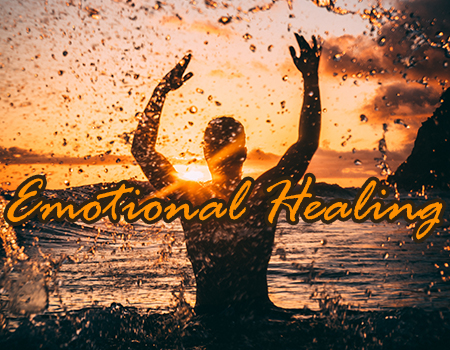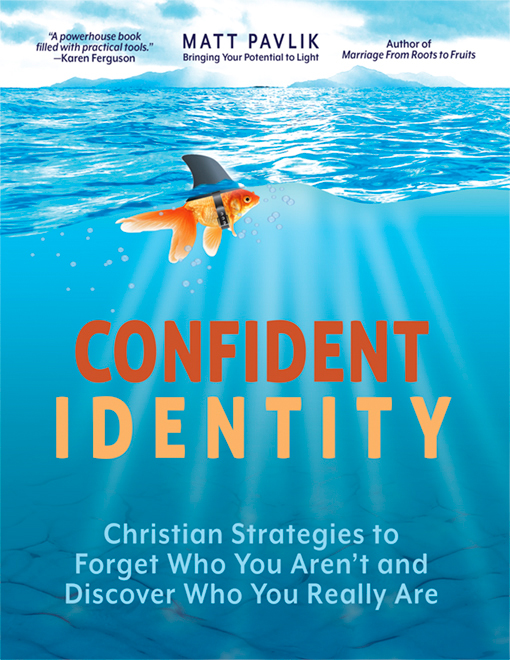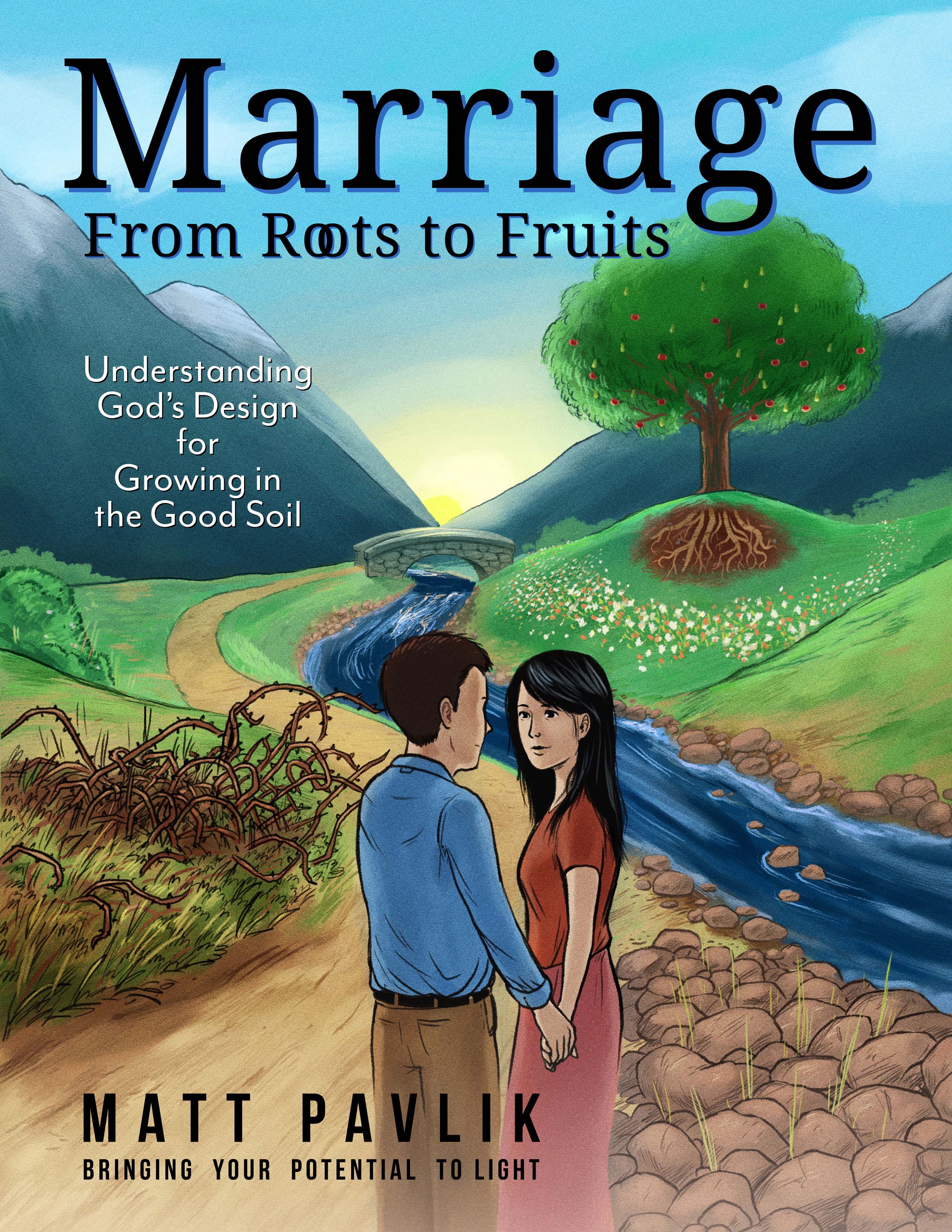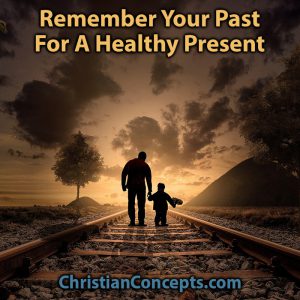Reading time: 3 minutes
How does remembering your past help you today? Think of re-membering as bringing scattered parts of your life together. It’s like gathering the parts of a jigsaw puzzle and assembling them where they belong.
God wants you to see the whole picture of who you are. Have you ever worked on a puzzle only to get to the end and realize some pieces are missing? It’s frustrating because it feels so incomplete.
I’m fascinated by my past. I’m not thinking of historical facts. I mean my psychological and emotional journey. Memories are important because they are the key to setting a person free from being trapped in the past.
You can’t change what has happened to you but you can change its meaning. You decided how much a particular memory has the power to define who you are. They answer the question: How did I get to where I am today?
How you first experience something has long-lasting implications. Your journey is, in many ways, a series of first-time experiences. To put the pieces of your life together, you must revisit your first-time experiences to create follow-on experiences. Healing can be both strengthening the positive memories and weakening the negative ones.
Questions to Help You Remember
Your relationship with your childhood memories can tell you a lot about yourself. Here are some questions you can use to explore your emotional health:
- How do you feel about your childhood?
- Do you feel like you are still a child?
- Do you feel like you are stuck in your childhood?
- Do you feel extremely distant from childhood, almost like it was another lifetime?
- Does childhood feel real to you or more like a fantasy?
- Does childhood seem unimportant or highly relevant to you?
- Do you remember a lot or a little?
- How much was childhood the same or different every day?
- What positive memories come to mind?
- What negative memories come to mind?
Did you skim through these questions or pause on each one and give a real, in-depth answer? Are you willing to embrace your childhood or do you think you’d be happier if you never thought about it again?
Even if you considered only one of the questions, you’ve got a taste of what it’s like to move toward emotional health. You dipped your toe in the water. If you considered more than one, you might feel overwhelmed as you swim in a pool of emotional memories.
As I said, memories are fascinating. They aren’t part of who you are. Yet, in another way, they are part of you. You’re not five years old anymore. But you might feel five years old sometimes.
Remember the Past, Compare it with the Present, and Plan the Future
Here are a few more questions for you to consider: In what ways do you feel the same, today, as you did when you were a young child? In what ways are you the same? In what ways are you different?
Life can lead you away from being in touch with who you are. The pressures, demands, and trauma open a chasm between your performance and who you are. It’s possible to become so familiar with present-day performance (life responsibilities) that you forget what it’s like to enjoy life on your terms.
Here are three more questions that should help you “pull yourself together.” What day would you most like to relive? What makes life worth living today? Now, what new day do you imagine you would like to live in the near future?
In answering all these questions, look for two things. First, look for any infections: emotional wounds that haven’t fully healed. Second, look for peak experiences: emotional highs that give you energy.
If you’d like more practice at developing follow-on experiences, then you should try a book from my Journal Your Way series.
More about the benefits of exploring your past.
Image by Nato Pereira from Pixabay
Last updated 2022/12/11
Matt Pavlik is a licensed professional clinical counselor who wants to see each individual restored to their true identity. He has more than 20 years of experience counseling individuals and couples at his Christian counseling practice, New Reflections Counseling. Matt and Georgette have been married since 1999 and live with their four children in Centerville, Ohio.
Matt’s courses and books contain practical exercises that help God’s truth spring to life:





[…] Learn more about exploring childhood to be healthy.The picture that goes with today’s post contains an optical illusion. I found it on the internet. Apparently, it was popular around 2014. […]